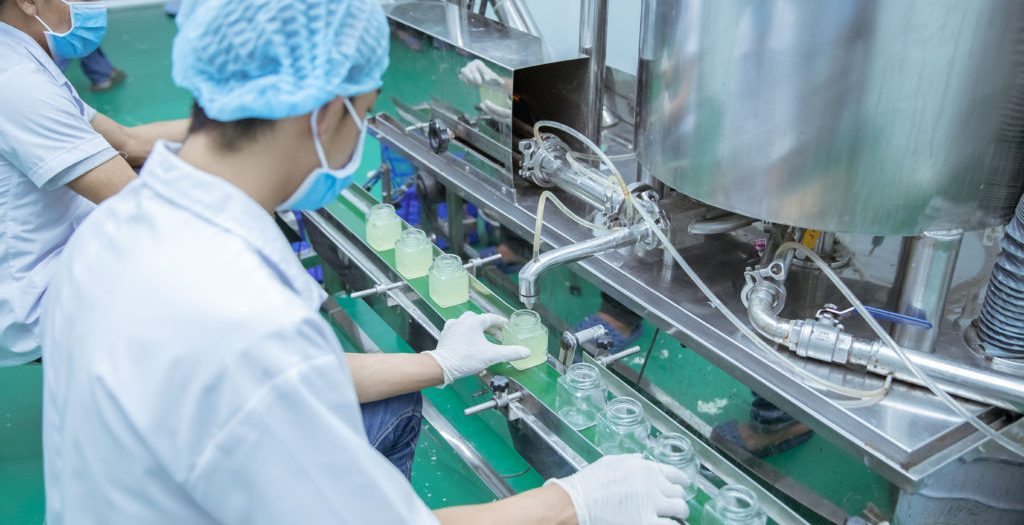Ingredients Used In Cosmetics - Which Of Them Are Friendly To You?
Many of us don't pay any heed for the products we apply on our faces. It's also real sad that we have a tendency to avoid reading appearance carefully because they are often too confusing. A whole lot worse is the fact that natual skin care manufacturers try their utmost to trick us using exaggerated claims just as if unfortunately we cannot know any better!
Follow this advice to make note of which supports you to transform in a cosmetic chemist:
Elements inside a Anti aging lotion
You have to first know about the ingredients which enjoy manufacture your skin layer maintenance systems. Oil and water include the most rudimentry products, and glycerin provides for a binding agent between the two. Next comes the emollients like urea, Shea butter, tocopherol, and aloe. Emollients help to keep skin hydrated and stop the losing of water. And then there are the humectants which soften the skin by drawing moisture through the air. The most common humectants include sodium PCA, propylene glycol, and hyaluronic acid. You can also find the preservatives that really help to prevent microorganisms and kill bacteria. You will find lubricants like cyclomethicone and dimethicone which allow the product to smoothly glide of the epidermis. Last although not the least, there are also pH goods like citric acid and acetic acid which carry on the right pH level of your skin layer. 
All the ingredients you should Avoid
Due to inexpensive nature and easy availability, there are many harmful ingredients often used by manufacturers. One too is mineral oil, that features a bad standing of clogging pores and causing breakouts. Mineral oil is more harmful as it is a byproduct in the petroleum industry. Hydroquinone is a type of ingredient in skin lightning products. However, it has already been banned in Europe as it is a prospective carcinogenic. SD alcohol is the one other common ingredient used in products for greasy skin. They work effectively in removing the oil, and also strips your skin layer of their protective layer. Lanolin is the oil based on sheep skin, and quite often causes allergic reactions.
Organic Vs Natural
There are several cosmetic manufacturers who state they use 100 % natural ingredients within their products. By "natural", it implies that the product uses substances that derives from plants. People that would rather avoid synthetic ingredients may use 100 % natural ingredients. However, there's no ensure that the merchandise won't have chemicals and preservatives.
Alternatively, "organic" ingredients usually are not at all modified. There are no artificial color, preservatives, chemicals and additives. If your manufacturer claims that his products are organic, it doesn't mean actually modification-free. Only go for the acquisition you may notice a USDA seal for the label.
There are two more exactly what you need to make note of. Firstly, don't fall for the catchphrases "Anti-aging" and "Dermatologist Recommended". They are all marketing hypes created by manufacturers to raise their sales. Secondly, an excellent company doesn't need to make a claim to hook you. Talk to your personal dermatologist, research online, and browse the labels prior to purchasing. Your skin layer will stay safe if you know what you're using.
For more information about gia cong my pham doc quyen webpage: click site.